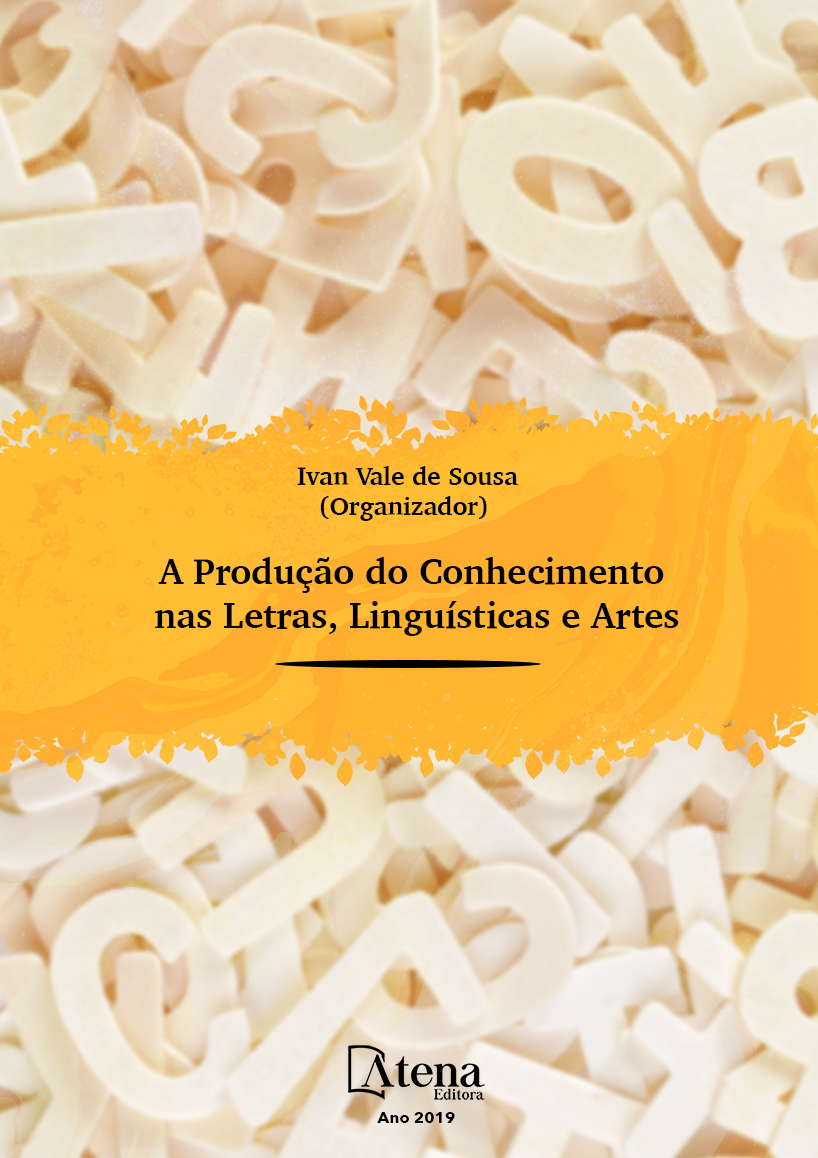
AS IDEOLOGIAS LINGUISTICAS PRESENTES NOS USOS DA LÍNGUA UCRANIANA NA CIDADE DE PRUDENTÓPOLIS - PR
O presente trabalho tem como
objetivo discutir algumas ideologias linguísticas
presentes em comunidades de Prudentópolis
sobre as línguas portuguesas e ucranianas,
lembrando que estas comunidades se
destacam pelas marcas do processo migratório,
que trouxe para a região descendentes de
ucranianos. Cerca de 75% da população
partilha práticas culturais e usos da língua
ucraniana. Neste contexto de imigração,
as escolas da região configuram-se como
espaços de multilinguismo. Diante do exposto,
torna-se necessário mobilizar o conceito de
ideologias linguísticas (MOITA LOPES, 2013;
KUMARAVADIVELU, 2006). Como metodologia
norteadora deste trabalho utilizou-se o método
bibliográfico e a pesquisa qualitativa, tendo
como instrumento a entrevista semiestruturada,
visando a um enfoque discursivo (ROCHA;
DAHER; SANT’ANNA, 2004). Diante das
análises das entrevistas, tem-se como resultado
a preocupação voltada para o processo de
alfabetização de crianças que tem como língua
materna a língua ucraniana, pois se percebe
que o município dispõe de pouca infraestrutura
para atender essas crianças multilíngues
(CESAR; CAVALCANTI, 2007), ainda mais ao
referir-se a questão de formação de professores
para trabalhar com esta demanda de alunos.
As ideologias linguísticas observadas nas
entrevistas constituem as políticas linguísticas
neste contexto.
AS IDEOLOGIAS LINGUISTICAS PRESENTES NOS USOS DA LÍNGUA UCRANIANA NA CIDADE DE PRUDENTÓPOLIS - PR
-
DOI: 10.22533/at.ed.28919020424
-
Palavras-chave: Ideologia linguística; Língua Ucraniana; Multilinguismo; Língua Portuguesa.
-
Keywords: Linguistic ideology; Ukrainian Language; Multilingualism; Portuguese language.
-
Abstract:
The present work aims to
discuss some linguistic ideologies present in
Prudentópolis communities on the Portuguese
and Ukrainian languages, noting that these
communities stand out for the marks of the
migratory process, which brought to the region
descendants of Ukrainians. About 75% of the
population shares cultural practices and uses
of the Ukrainian language. In this context of
immigration, the schools of the region are
configured as multilingual spaces. In view of the
above, it is necessary to mobilize the concept
of linguistic ideologies (MOITA LOPES, 2013;
KUMARAVADIVELU, 2006). As a guiding
methodology for this work, the bibliographic
method and the qualitative research were used,
using as an instrument the semi-structured
interview, aiming at a discursive approach
(Roche, Daher and Santanna, 2004). As a
result of the analysis of the interviews, there
is a concern about the literacy process of
children whose mother tongue is the Ukrainian language, since it is perceived that the municipality has little infrastructure to serve
these multilingual children (CESAR, CAVALCANTI, 2007), even more when referring
to the issue of teacher training to work with this demand of students. The linguistic
ideologies observed in the interviews constitute the linguistic policies in this context.
-
Número de páginas: 15
- Vanessa Makohin Costa Rosa


